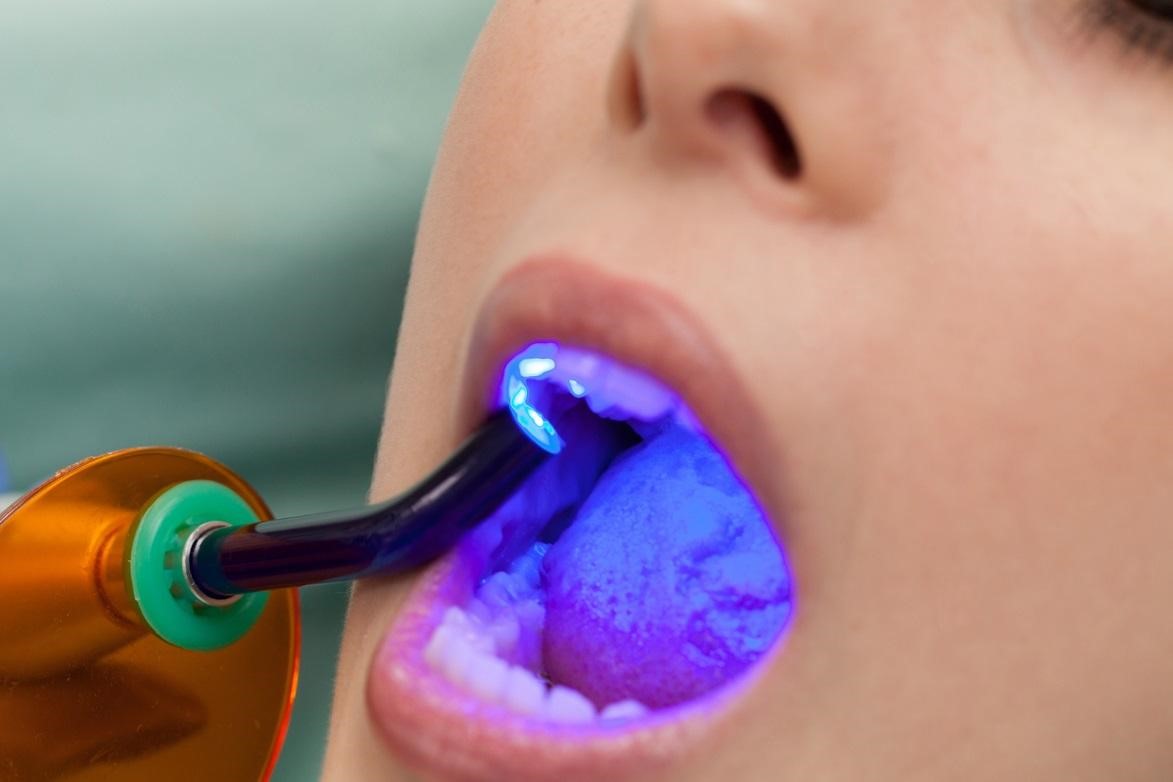A root canal is a common dental procedure where an infected tooth and root system are pulled from the gums. Dentists also clean the empty root cavities before they add an inert material as a replacement. Most of this work is done by hand, but today’s technology made the procedure even more efficient with the use of lasers.
Lasers and Teeth
Laser is an acronym that stands for Light Amplification by Stimulated Emission of Radiation. Intense light focused in one area across your gums will carefully remove damaged tissue without the need for hand tools.
Dentists and scientists regard laser technology as an effective way to treat your damaged teeth and roots. In fact, some dentists use a mixture of lasers and traditional tools in order to treat each patient with a high rate of success.

Cleaner Procedures
The main reason why dentists applaud the use of lasers in their root canal therapy is the cleanliness factor. As the laser penetrates into the dentinal tubes, the light actually reaches every crevice of these spaces. The light eradicates bacteria that can otherwise develop into a damaging infection. It’s difficult for even traditional canal procedures to be so accurate with bacteria removal.
Reach Difficult Areas
The laser also reaches areas around the teeth that are difficult to clean, such as near the back molars or between crooked sections. Removing bacteria from these areas is critical because any leftover molecules can easily grow into another root infection. Lasers remain as a quick and accurate option for both dentists and patients, but you’ll need to research certain professionals who offer these services.
If you’re concerned about the use of lasers during your dental procedure, it’s still possible to have a traditional treatment. In fact, a traditional canal surgery is still one of the best options when you discuss it with your dentist. Regardless of the chosen procedure type, your roots will be healthier in the end.
Sources:
Use of Lasers in Dentistry
aae.org
WaterLase® Effectively Fights Endodontic Infection.
biolase.com
